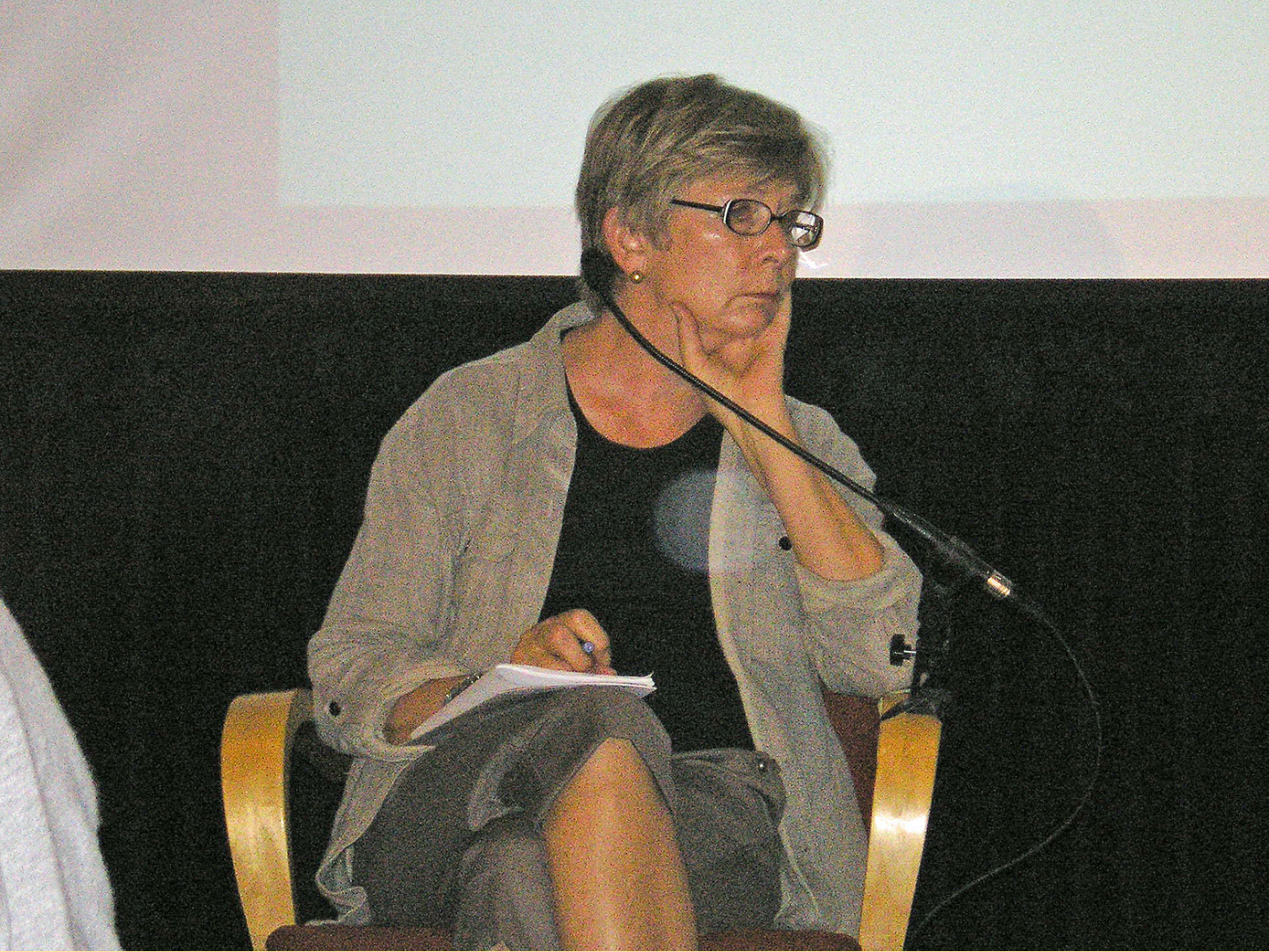
Barbara Ehrenreich passed away on September 1, 2022, at the age of 81. She died in a hospice care facility. According to her daughter, Rosa Brooks, she was killed by a stroke.
I had long dismissed Barbara Ehrenreich as a typical denizen of what I call NPR World. I want to be clear that I am not throwing an insult here—I have always admired NPR as media. No other radio show, and I include Rush Limbaugh’s in the comparison, could match NPR’s production value, range of guests, and breadth of talent and coverage. Yet, NPR is suffused through and through by a glib certitude of completely loopy ideas, immune to challenge and delivered in sonorous, earnest tones that always set my teeth on edge. That is what I mean by NPR World.
Barbara Ehrenreich is best known for her 2001 book Nickel and Dimed: On (Not) Getting By in America (Metropolitan Books). Her project was to go undercover to work in various minimum-wage jobs (e.g., coffee shop waitress, motel maid, working at Walmart), so she could tell the rest of us about the lives of women stuck in these jobs. The book was motivated by the NPR World ethos: how awful it was that Bill Clinton’s work-for-welfare reforms would force millions of women into minimum-wage jobs. This is a complicated issue, of course—welfare dependency is government-imposed serfdom, and the minimum wage was never intended to be a person’s sole source of support, never mind for a (usually fatherless) family, etc. If we are to be concerned about women stuck in minimum-wage jobs (and we should be), all those complications need to factor in.
Not so in Nickle and Dimed, which became a “classic” taught in sociology courses throughout the land. By focusing attention on the difficult lives of these female wage-slaves, Ehrenreich deflects attention from the liberal policies that push them there. The implicit solution is to double down on those policies, all under the umbrella of smug liberal certitude—thus, setting my teeth on edge. For all her brilliance as a writer, Ehrenreich was simultaneously confident and clueless: NPR World, in short. So, I was disinclined to pay her much mind.
I was wrong about that. In 2018, I happened to be browsing in a bookstore, and I came across her recently published book Natural Causes: An Epidemic of Wellness, the Certainty of Dying, and Killing Ourselves to Live Longer (Grand Central Publishing). I had gone to college in Santa Cruz, where I had been surrounded by many loopy ideas about life, health, and wellness. One of the blurbs described the book as a “sharp polemic” against the cult of wellness. I’m always up for a good polemic, which I’ve found can be the clearest window into the mind of a writer. So, I bought the book.
[Related: “The Racialization of a Top Science Journal”]
Natural Causes filled the bill. Describing herself as “old enough to die,” Ehrenreich explores how to negotiate her mortality with the burgeoning health care industry, which had been puffed up into a menacing monstrosity. What was most fascinating to me was her deep knowledge of the immune system, and its metaphors, like the notion that the immune system defends our bodies against disease. To the contrary, the immune system can often be our body’s worst enemy, acting, for example, to facilitate rather than thwart the metastatic spread of cancerous tumors into other organs of the body.
Wondering how she could be so knowledgeable about such things, I learned that Barbara Ehrenreich actually had a doctoral degree in cell biology. Even so, she eschewed the academic life and built a solid career as a freelance journalist, much of it for reliably left-wing outlets like The Nation, Mother Jones, The Guardian, Salon, and Guernica. She wrote 19 books, including Nickle and Dimed and Natural Causes, all of them written through the filter of her deeply embedded democratic socialism.
She was anything but doctrinaire, however. Her independence of mind was best illustrated for me in her 1997 essay with Janet McIntosh, “The New Creationism: Biology Under Attack,” published by The Nation. She writes about the hostility and self-censorship that she saw was beginning to creep into human biology, particularly over the question of heritable qualities in “human nature.” To defend the concept that humans are shaped by their biology—by their DNA—is to conflict with the idea that humans are a tabula rasa, amenable to being reshaped at will into anything (like the “new Soviet man”). To deny that people are shaped at least partly by their inheritance is to become, in Ehrenreich’s and McIntosh’s words, “secular creationists,” with all the attendant bad habits of sniffing out and suppressing heresy.
It’s noteworthy that 1997 was a quarter-century ago. Ehrenreich saw what was coming then, and tried, to paraphrase William F. Buckley, to stand athwart the trend yelling “stop” when no one was inclined to do so or had much patience with those who so urged. Buckley, of course, was on the Right, while Ehrenreich was, and remained until her demise, firmly on the Left. One wonders, naturally, about the common cause that could have been forged against the smug elites that presently dominate our culture.
RIP.
Image: David Shankbone, Wikimedia Commons, Creative Commons Attribution 2.5 Generic license.